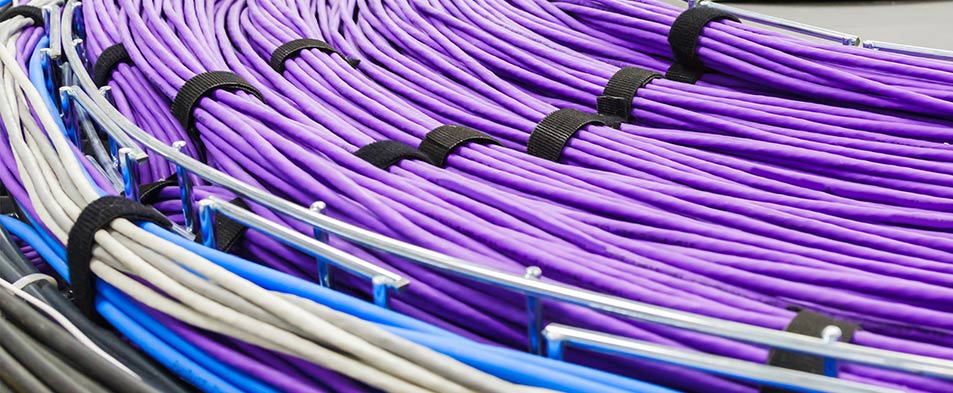The technology that keeps different types of healthcare facilities running smoothly, from large hospitals to small clinics and specialized diagnostic centers, depends heavily on their networking systems. To keep operations flowing seamlessly, strong and dependable network systems are crucial, and skilled contractors make this possible. These experts set up customized network solutions, especially using cabling technologies, which are essential for smooth and secure communication in healthcare services. By building a solid infrastructure, these contractors allow healthcare providers to access vital patient data in real time. They also make sure that systems are fast and meet healthcare regulations, protecting sensitive information. This proactive approach improves patient outcomes and increases efficiency. This article will teach you how an experienced cable contractor can support the Healthcare industry’s network infrastructure.
Understanding The Importance of Network Cabling in Healthcare
Advanced network cabling is essential in the healthcare industry because it helps with effective communication and data sharing. Strong cabling systems are vital as healthcare uses more technology for patient care. Let’s discuss each healthcare building in detail.
i) Large Hospitals and Medical Centers
In large hospitals, where there is a lot of data and a need for quick communication, cabling contractors are very important. They set up complex cabling systems that support fast data transfer and connectivity throughout the hospital. These strong networks help manage electronic health records (EHR) and enable real-time patient monitoring. It makes sure critical information is available across different departments without any delays.
ii)Small Clinics and Primary Care
In smaller clinics and primary care facilities, the work of a fiber optic contractor may appear less demanding, but it is just as important. These clinics benefit from fiber optic technology, which helps with the following tasks-
- telehealth services
- and managing patient data efficiently.
Reliable and fast networks make sure that patient care is personalized and responsive. It allows secure access to health records and communication with specialists when needed.
iii) Specialized Diagnostic and Research Centers
Specialized diagnostic centers and research labs need strong networking systems. These systems handle lots of data and support complex imaging and research tools. In these places, cable contractors make sure the infrastructure can handle high bandwidth needs. It is essential for tasks like
- MRI scans,
- genetic testing,
- and real-time data analysis.
Properly installed network systems in these settings help with advanced medical research and accurate diagnoses.
iv) Long-Term Care and Rehabilitation
In long-term care and rehabilitation centers, networking systems are important for medical care and daily operations. Reliable networks set up by professional cabling contractors help these facilities manage the following activities effectively-
- patient care systems,
- surveillance,
- and communication tools.
This strong infrastructure is necessary for improving the quality of care and making sure the safety and comfort of long-term patients.
Conclusion
In conclusion, cabling contractors support the healthcare industry’s network systems. They provide reliable and advanced cabling that improves communication and data sharing and helps meet regulations in different healthcare facilities. This results in better patient care and smoother operations. It also helps healthcare facilities adapt to new technology, which is good for both patients and providers.Those looking for highly skilled contractors can consult with firms such as CMC Communication. They have a team of specialists experienced in handling different network solutions. With a full site survey and knowledge of all relevant laws, they provide you with unique and suitable cabling solutions for the long term.
